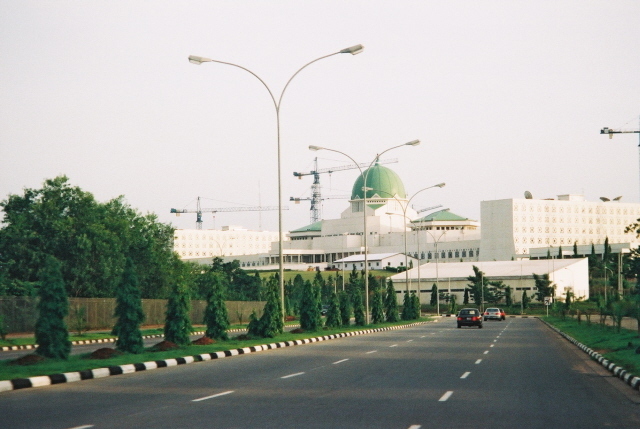The CCB’s policy and procedure should be in line with the dictates of the Constitution and should follow due process, which appear to have been flouted in recent times. When they went for the immediate past Chief Justice of Nigeria (CJN), they had charged him before the Code of Conduct Tribunal before announcing the development to the public. And the speed of the trial within weeks was unprecedented. Even the then CJN’s cases in Appeal Courts were not allowed to take their course before he was removed from office, according to the tribunal as a civil servant and not as a judicial officer and indeed the Chief Justice of Nigeria.
The treatment of the case of the immediate-past CJN among other cases tend to cast doubt on the real intentions of the fight against corruption, which some persons have labelled as a tool to fight enemies of the administration. The point needs to be made clearly that any purported fight against corruption should be seen to be transparent else it would just be to some, mere movies that achieve nothing but simply provide some form of comic relief for the increasingly impoverished people who simply desire security and welfare, above all other things.
The current system of processing of asset declaration issues appears flawed. The case where different government anti-corruption agencies prosecute a public official for the same alleged offence is nauseating and presents a clear case of double jeopardy. These agencies take their turns in prosecuting for the same alleged infraction such that the supposed indicted official moves from one detention room to the other – for the same offence. Even the EFCC and NFIU were very active as prosecutors in the trials of the former CJN, Justice Walter Onnoghen.
It is instructive to note that even the CCB boss himself admitted that the efficiency of the organisation could be improved if automation can be enhanced in their operations such that efficient data management on corruption cases are better utilised and shared among sister agencies pursuing the same anti-corruption objective. There is still a sense in which it can be said that the impacts of these anti-corruption efforts are yet to be seen in the management of public resources in the country. Most of the efforts seem like motion without progress as more and more public officers including Secretary to the Government of the Federation and the Head of the Civil Service of the Federation are still being prosecuted. It will be in public interest to witness prevention of corrupt practices rather than news of intention to prosecute.
Another pertinent issue, which appear relevant on this issue is the role of lawyers in the prosecution of cases. Some of the lawyers engaged by these ant-corruption agencies are alleged to have compromised their role as advocates by even conniving with the indicted officials to provide soft landing for them in the course of prosecution. One then wonders how corrupt officials can be brought to book when the agents of the state compromise their positions for some filthy lucre. This, thus, necessitates the need to revisit the training of lawyers and the entrenchment of integrity in legal education in the country. Many have asked whether we still have ethical lawyers in the Nigerian legal profession. Whatever happened to the Ethics Committee of the Nigerian Bar Association (NBA).
Finally, more efforts are needed in the prevention of crimes or infractions than in prosecution. Prevention, they say, is better than cure. There is a great need for the reform of the entire public sector such that there would be a great deterrence to commit crimes in the first place. So far, what has been experienced in the fight against corruption by this current administration is a potpourri of contradictions, media trials with some very little positive outcomes.
Except this direction is changed, Nigerians would just be continually entertained with stories of who allegedly stole what, which would just serve as mere palliatives to the citizenry, in the face of growing poverty in the land. That is why the CCB should not be announcing to the public that they want to try people who are in office. That seems like an invitation to tidy up and compromise the Bureau. They should do their due diligence, complete their investigation and charge officers they want to charge and do the job with in good time. After all, some of the public officers being prosecuted by the ICPC and EFCC have just been sworn in as Ministers in our great country!










